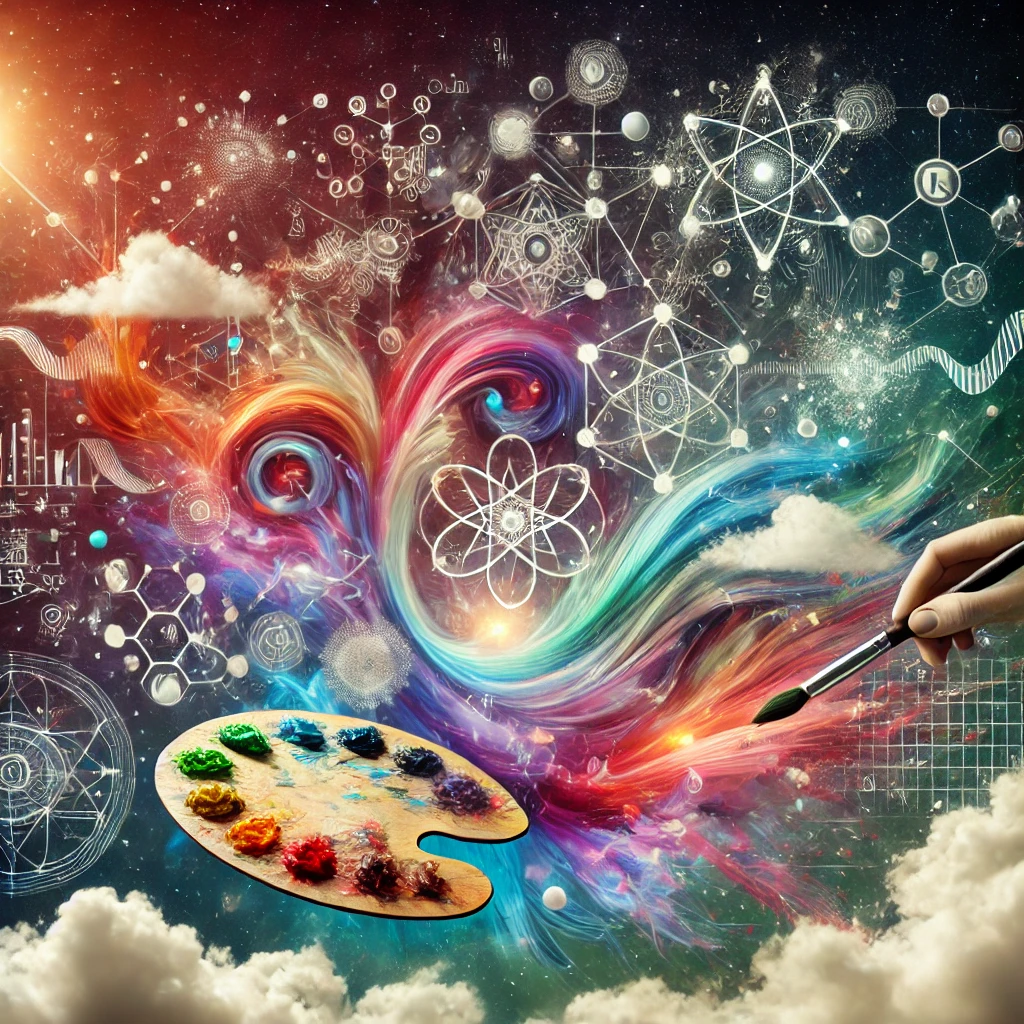The scientific exploration of dreams is known as oneirology. This field delves not only into the content or meaning of dreams but also the intricate mechanics behind them. It examines the various stages of sleep during which dreaming occurs and sheds light on the functioning of the brain during these enigmatic experiences.
Understanding REM Sleep
At the inception of this chapter, we introduced the concept of dreaming during a sleep stage called Rapid Eye Movement (REM). This pivotal stage was uncovered by the pioneering sleep researcher Eugene Aserinsky in the 1950s. During his sleep studies, he observed that the eyes of sleepers appeared to flutter behind closed eyelids during specific sleep phases. By waking subjects during these phases, Aserinsky confirmed that they were indeed dreaming. Furthermore, he revealed that brain activity during REM sleep closely resembled that of wakefulness. Aserinsky's research showed that dreams typically last between five to twenty minutes, and during these dreams, certain neurotransmitters are suppressed to prevent acting out the dream content during sleep. This explains why, for example, one doesn't physically engage in a dream fight with their partner.
Dreaming in Other Sleep Stages
Initially, oneirologists believed that dreaming exclusively transpired during REM sleep. However, recent studies suggest that dreams may also occur during other sleep stages known as Non-Rapid Eye Movement (NREM). When individuals are awakened during these stages, many can recall the dreams they were experiencing. Scientists theorize that everyone, even those who claim not to dream, spends an average of six years of their lives in the realm of dreams.
Defining Dreams
Oneirologists have formulated a three-fold definition of dreams:
- Thinking in the Absence of External Stimuli: Dreams are a form of thinking that occurs when the ego (the "I" or sense of self) is in a dormant state, external stimuli are blocked, and a certain level of brain activity persists (e.g., during sleep or unconsciousness).
- We Experience Dreams Through Our Senses: Dreams are not merely observed; they convey sensory information and evoke emotions.
- Dreams Are What We Remember: What you remember upon waking constitutes the dream, meaning that what you perceive as a dream is, in fact, a recollection of the dream experience. We naturally apply some form of interpretation to our dreams; thus, the dream becomes your written or spoken account of the memory.
Factors Influencing Dreams
Various stimuli can impact the type and content of our dreams. These factors include the use of drugs and medications, which can give rise to unusual or repressed dreams; melatonin, which can lead to exceptionally vivid dreams; alcohol, causing fragmented sleep; psychological trauma and conditions such as post-traumatic stress disorder, which can result in vivid reliving of traumatic events or representations of those events in dreams; and mental health disorders. Additionally, our memories, experiences, and attachments also shape the content of our dreams.
[1]